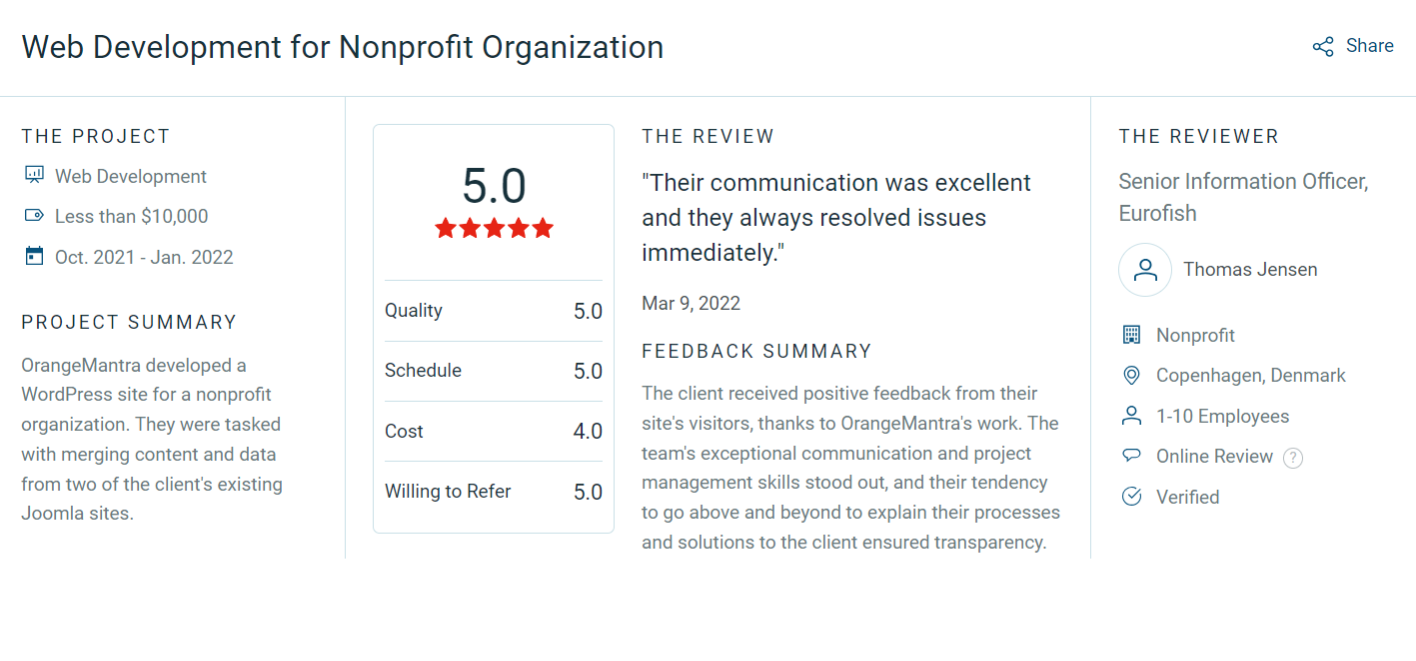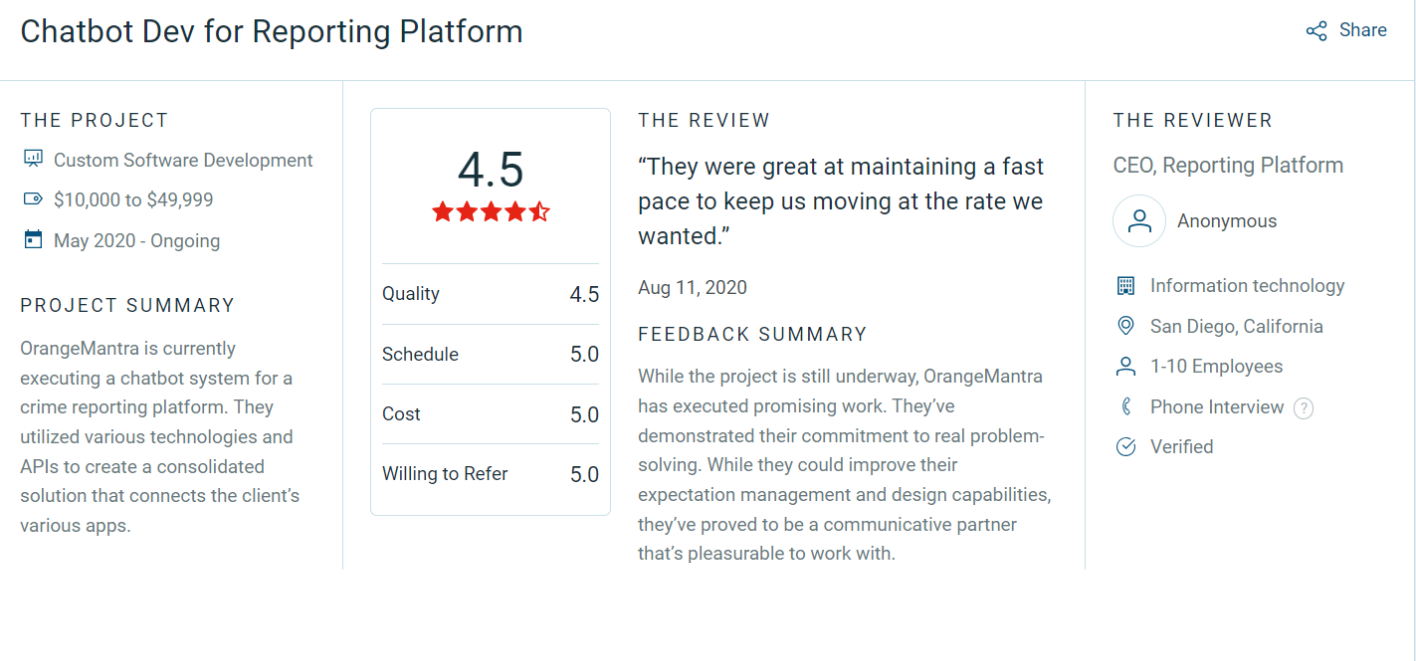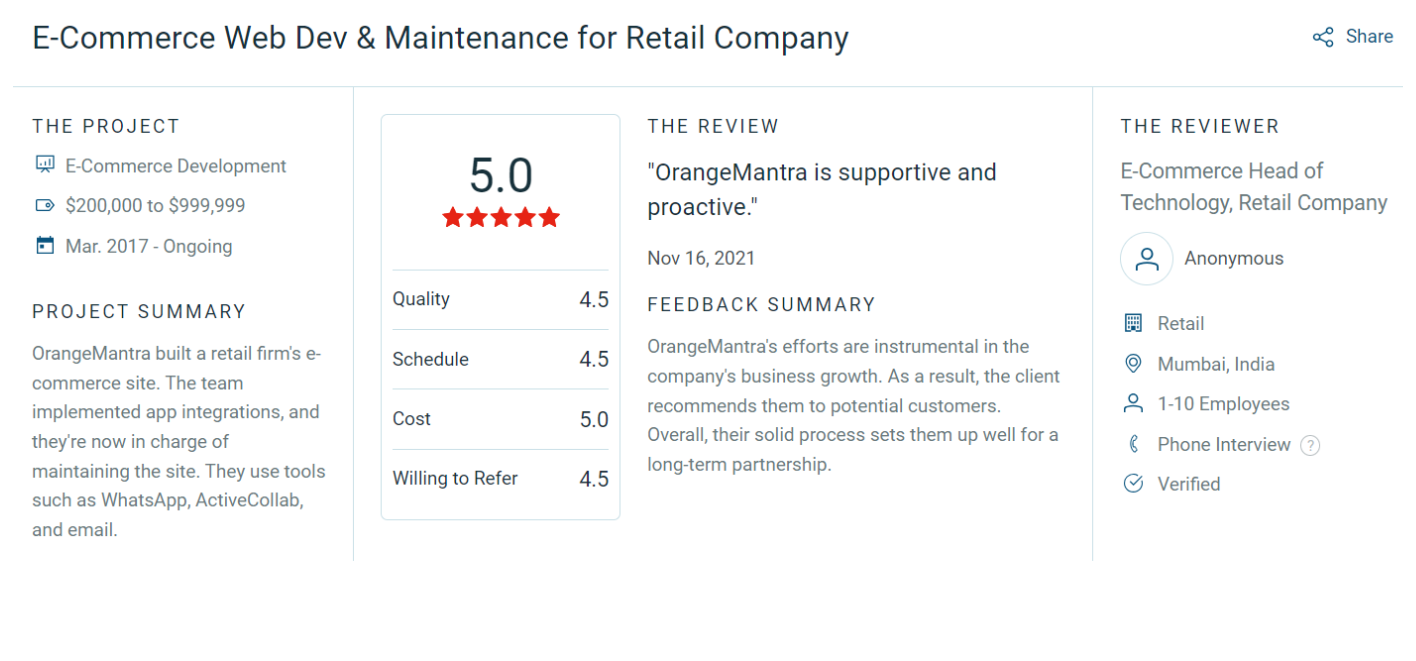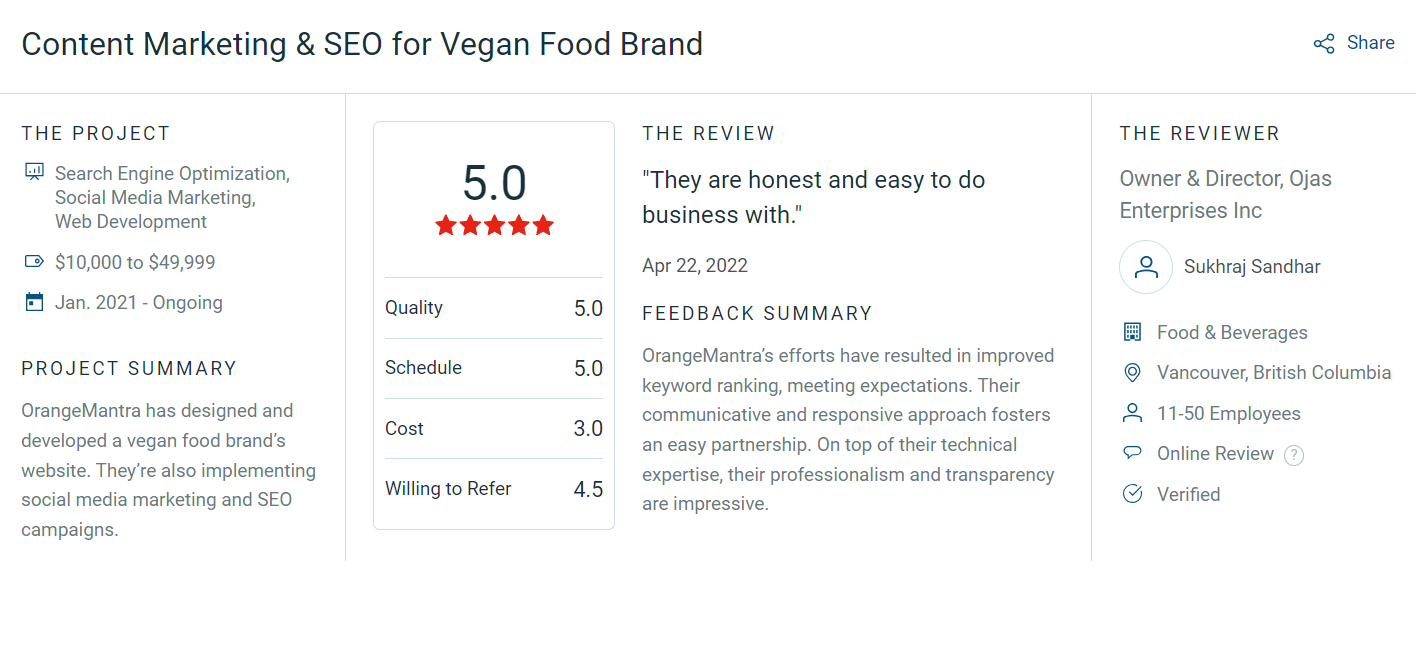The Problem – Limitations of Traditional Recommendation Systems in Retail
The existing system showed generic and outdated suggestions. The recommendations were often based solely on top-selling or recently viewed products, which didn’t align with individual customer preferences or real-time behavior. The legacy system couldn’t adapt to new customer journeys or changing user interests over time. The retailer needed a dynamic solution. So, we built an ecommerce AI agent that could learn from every click, scroll, and session to generate timely and relevant product suggestions for each unique shopper.











